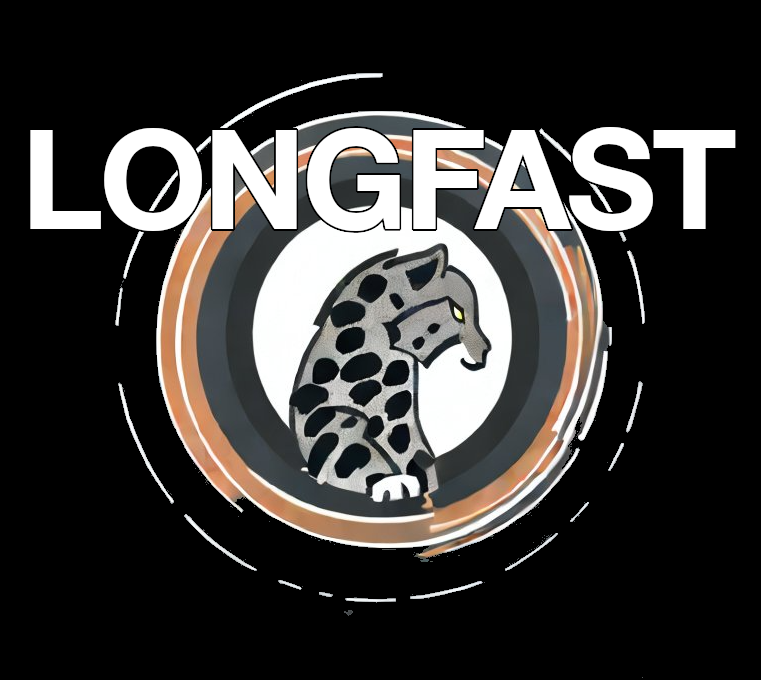What is a “Long Fast”?
As opposed to an intermittent fast, a long fast is an extended fast lasting 3+ days. This means not eating (i.e. no calories) for 72+ hours. You can still drink water, tea, coffee, and some minerals and vitamins.
Why long fast?
The risk is low, and the benefit is extremely high. When you fast for an extended period of time, you are activating all sorts of protective mechanisms (defensive pathways) that are positive for your health. The reason for this is rooted in hormesis: the body’s generally favorable biological response to stressors. Other examples of this are getting stronger in response to exercise or gaining immunity after a vaccine
There is extremely strong evidence that longer fasts can reverse Type-2 Diabetes and metabolic syndrome. For durable weight and fat loss, fasting can give quicker progress than almost any other diet or exercise program.
It is so effective, that if you are successful in completing a 3-day fast, you likely won’t want to rely on another fat/weight loss protocol again. For example, when doing 3-7 day fasts I regularly get 0.75 to 1.25 pounds of durable (meaning not just water weight) fat loss per day! Results of course will vary by age, gender, and activity level.
Weight loss aside, there is mounting research pointing to cancer-prevention, alzheimer-prevention, and longevity benefits – although this needs to be studied more.
Fasting could be considered a wonder drug
If fasting could be administered as a pill it would be a wonder drug that positively affects nearly every aspect of your health, similar to sleeping and exercise.
Take sleeping for example. Awareness of the importance and benefits of sleeping has increased in recent years. We know sleeping is critical to our recovery when all sorts of positive things are happening in the body and mind: memory consolidation, physical recovery, clearing of alzheimer-causing beta amyloid plaques, immune system recovery, and more.
Like sleeping provides recovery from our time of constant wakefulness, fasting provides an opportunity to recover from constant eating – sleeping provides different benefits from fasting of course but both are very important. In this way, “Fasting is the sleeping of eating” or re-phrased as a SAT analogy: “Sleeping is to Being Awake as Fasting is to Eating.”
Although extended fasting seems pretty extreme and fringe right now I strongly believe that in a few years it will be widely accepted that regularly occurring long fasts will be as important to our health as exercise, sleeping, stress reduction, etc.
Obtain health benefits by doing nothing
Fasting is essentially doing nothing. You are just not eating. This is one of the few areas of life where doing nothing gives you the most benefit and quickest progress. Most progress in life, whether it is career, making money, relationships, learning a new skill, or achieving a goal is a result of persistent work and action. This is especially true in the domain of health.
If you want to gain strength, you need to regularly go to the gym and lift heavy weights. If you want to increase your cardiovascular endurance and lose fat, you need to regularly go running, or biking, or swimming.
If you want to regularly eat healthy meals you need to put in the work of buying vegetables, health meats, etc and cook. Rather than putting in the mental work of selecting exercises and the right routine and choosing the right recipes and then actually doing the work… just do nothing.
It is the lack of action that is the strength of fasting.
The fasting feedback loop is short and you see results fast
Most things diet, exercise, nutrition, have an extremely delayed feedback loop. Meaning the time period for when you do the thing versus when you see the result is very delayed. This can be inherently unsatisfying. It is challenging to see if what you are doing is effective. And it can be hard to stay motivated because it is hard to track progress.
With long fasts, the change is so quick and the progress is so undeniably visible that you can quickly tell if it is actually working for you. That kind of progress is addictive and extremely motivating. Progress can come in terms of things that you can objectively measure (like bodyweight on the scale, weight circumference, skinfold caliper measurements, blood glucose levels, ketone levels), visual inspection (i.e. looking in the mirror), or how you feel (walking around during the day, energy levels, etc)
Our bodies evolved to be able to fast
We wouldn’t be here if our ancestors couldn’t survive a fast. Throughout history there were regular periods of non-eating. Our bodies evolved to store excess energy in the form of fat in times of feasting, and use that stored fat for energy in times of famine. Your body was built to do it and handle it just fine. (That said, do be careful, double-check with a doctor, and read Who should not fast).
Try a long fast, you might surprise yourself
Check out Getting Started to learn more. Also, check out Be careful: When to avoid fasting!.



